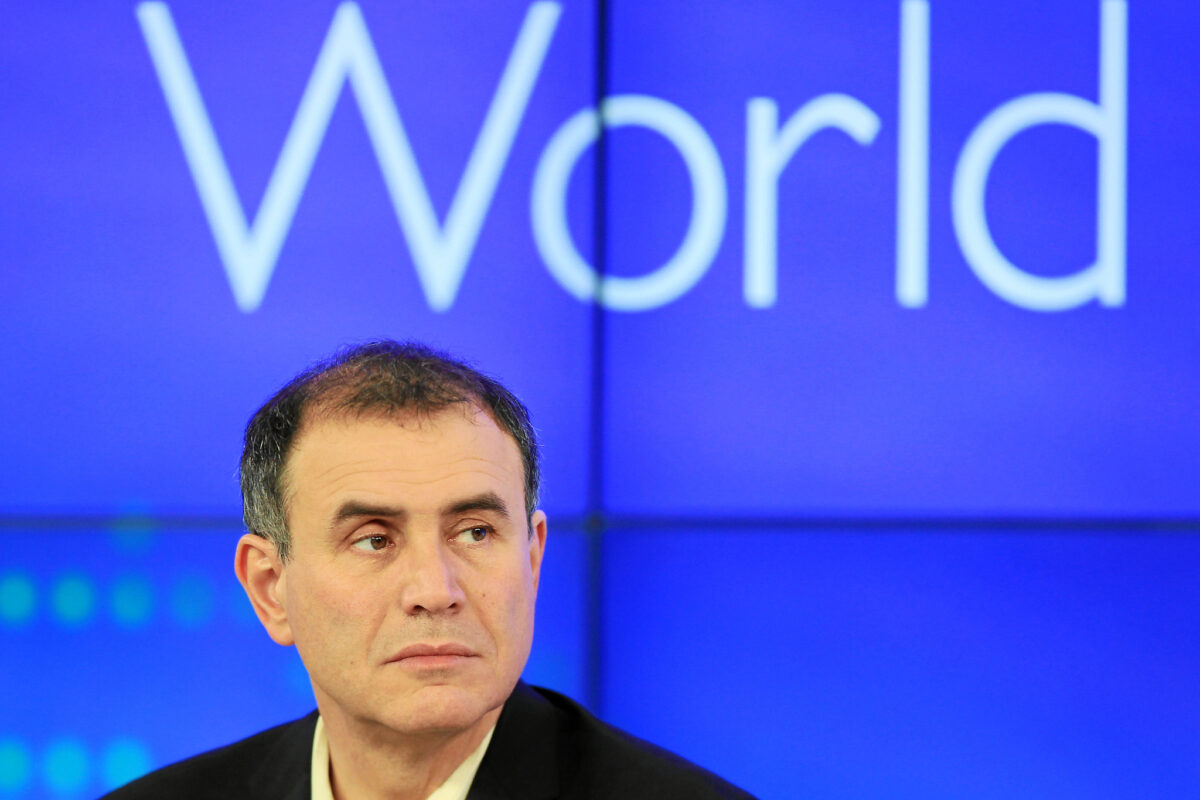Davos: Getting It Right Some of the Time
World Economic Forum
Pundits and assorted others in-the-know flock to the Swiss mountain village Davos in their hundreds on an annual pilgrimage that aims to explain the state of the world – invariable described as worrisome – and offers ways to improve matters – without fail rather impractical.
The thin Alpine air seems to obfuscate, or otherwise cause to malfunction, the crystal balls hauled up the mountain by the world’s preeminent thought leaders. Their predictions are often – though thankfully not always – off-the-mark, plain wrong, or conspicuously absent.
Last year, none of the gathered luminaries were able to foresee Russian President Vladimir Putin going on a rampage in Crimea and Ukraine. Likewise, the sudden rise of the Islamic State and its particularly barbarous brand of religious fanaticism did not appear on anyone’s radar. Cheap oil? Nobody even considered the possibility.
Haruhiko Kuroda, governor of the Bank of Japan, at last year’s Davos meet triumphantly announced that his country had finally overcome its economic lethargy and rediscovered the path to growth. Japan has now slid back into recession and is resorting to more exotic ways of quantitative easing (QE), disbursing money directly to consumers.
Then there is Dr Doom. Nouriel Roubini gained much admiration and a huge following as one of only a few economists to correctly predict the US sub-prime mortgage crisis. However, Mr Roubini lost his magic touch in Davos. In 2012, he assured that Greece would leave the Eurozone ‘within the year’. That of course didn’t happen, though a ‘Grexit’ – however unlikely – is still on the table at this year’s summit meet.
Others to miss the mark whilst in Davos include Microsoft’s Bill Gates who in 2008 famously quipped that he would rid the world of spam and other forms of junk mail in two years’ time. But the prize for the wildest prediction gone awry must go to Bader Al Sa’ad, at the time head of the Kuwait Investment Authority.
At the 2008 Davos summit, Mr Al Sa’ad excitedly explained why investors should shove their cash wholesale into the US financial system – hailed as ‘a pure investment opportunity’. Barely eight months later, Lehman Brothers had crashed, causing the entire US – and indeed global – financial system to crumble.
That is not to say the annual Davos powwow is an exercise in futility. The World Economic Forum (WEF) must be credited with spotting a few global trends early on. The rise of the emerging markets – and the accompanying change in the balance of power – was first properly charted at Davos. Topics such a cybercrime, water shortages, intensified regional conflict, and a return of geopolitics were all driven onto the global agenda at Davos.
Also, the far-reaching global implications of the shale gas revolution in the United States was first discussed in Davos long before the wider world became aware of the changed reality. A now energy-independent nation, the US has assumed a new role on the world stage, significantly lessening its willingness to intervene in order to secure energy supplies from turbulent or unstable regions.
As a barometer of the zeitgeist, Davos’ record may not be unblemished; the event, however, remains indispensable as a forum for thought leaders to express their opinions on the issues of the moment and the challenges up ahead. With the benefit of hindsight, it is not always easy to give the forum its proper due. Because of its exclusive and exclusivist nature as a venue for the rich, famous, and powerful, the WEF is a rewarding target for critics of all stripes to take aim at.
Still, there is no other place or event in the world that matches the World Economic Forum for the breath and scope of its brief. People come to Davos in their thousands precisely because there is nowhere better to gauge the state of the world. As such, Davos is the place where those who wield great power get informed.
Cover photo: Nouriel Roubini, doomsayer par excellence, at Davos.
© 2012 Photo by World Economic Forum


